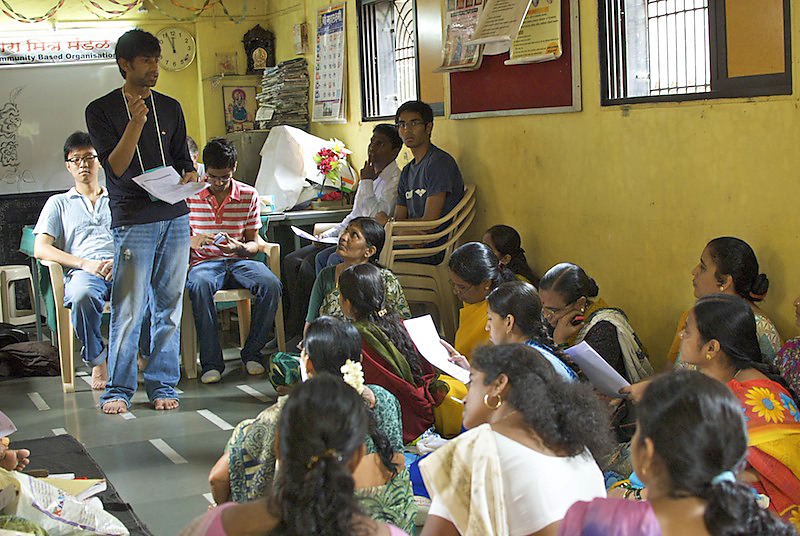
A social business, not a charity, WaterWalla creates demand for safe water by educating slum residents through social networks. Local entrepreneurs, recruited and mentored by WaterWalla, meet that rising demand by opening shops in the slums and selling affordable, effective technologies to make safe drinking water.
In the summer of 2011, WaterWalla opened a flagship store in Dharavi, the Mumbai slum made famous by the movie Slumdog Millionaire. More than a brick and mortar location, the store’s blue WaterWalla logo points toward healthier communities and better, fuller lives.
It is a virtuous cycle of demand and supply that WaterWalla is creating — an innovative and highly motivated effort born of a simple disturbing fact: More than 700 children will die of easily preventable waterborne diseases in the time it takes to write a final exam on College Hill.
